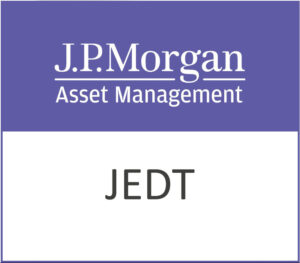On 1 April 2022, Fidelity Asian Values plc (LON:FAS) manager, Nitin Bajaj, joined Hardman & Co for a wide-ranging Q&A session, which we review in this note. It gives investors a detailed insight into his investing approach as well as the current portfolio. The trust’s key characteristics are buying good businesses (defined as having products that customers want to buy, earning high ROE, with honest and competent people), bought at good prices (defined as offering a margin of safety), and these themes ran through the session. These traits mean that ESG is embedded as a good business practice, not a marketing slogan, and regulatory risk should be below average. Buybacks have also re-commenced.
- The keys to outperformance: The trust has beaten the benchmark by, on average, 5% p.a. over five years. Nitin identified two key drivers to this: i) repeating the strict investment process and discipline, thereby ensuring the avoidance of drastic errors; and ii) depth and quality of the investment people.
- China exposure: The trust has 32% in China in HK but should not be seen as a proxy for that market. It does not have large-cap exposure. As we detail below, by investing in companies that help promote “common prosperity” and are good employers, regulatory risk should be well below average.
- Valuation: Fidelity Asian Values is trading at a 9% discount to NAV – broadly in line with its peers in the AIC Asia Pacific Smaller Companies Index (average ca.9%), albeit wider than the broader Asia Pacific sector (average 7%), noting its one-year performance has been ca.10% better than the latter. Most assets are listed, making the NAV “real”.
- Risks: Geopolitical and economic tensions may affect investments, and also sentiment. If growth/momentum stocks are in favour (as they have been for much of the period since 2016), FAV faces a relative headwind, which it has usually, but not always, overcome. Volatility of returns is likely to be high.
- Investment summary: Fidelity Asian Values has delivered superior long-term returns by being in attractive growth markets and adding incremental value using structured, in-depth analysis to identify mis-priced investments. Its “value” investments have actually delivered higher earnings growth than the average Asian “growth” company, as well as being lower-rated and providing a higher return on equity. FAV is actively managed, and divergence from the benchmark performance, often for sustained periods, is to be expected.












































